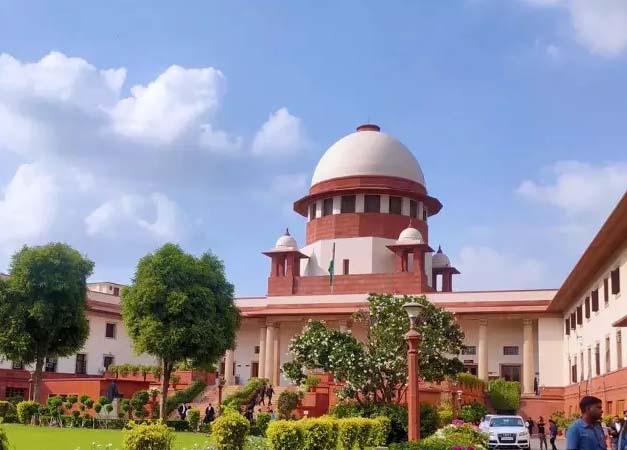New Delhi: On Tuesday, the Supreme Court cautioned legal representatives against emphasizing selective cases in court, advising against framing matters based on religion or caste biases. The court was examining a PIL expressing worry over the increase in mob violence targeting minorities and seeking immediate interim redress for the families of those affected by mob lynching.
A judicial panel consisting of Justices BR Gavai, Aravind Kumar, and Sandeep Mehta questioned advocate Nizam Pasha, representing the National Federation of Indian Women, on the omission of an incident involving Kanhaiya Lal, a tailor in Rajasthan, who was slain in 2022 for allegedly sharing a social media post involving suspended BJP spokesperson Nupur Sharma regarding the Prophet Mohammad.
“What of that tailor in Rajasthan, Kanhaiya Lal, who was murdered?” the bench inquired of Pasha. The counsel informed the court that the incident had not been included in the petition. The bench directed the petitioner to ensure the petition’s inclusiveness, especially given the state’s involvement. Senior advocate Archana Dave Pathak, representing the Gujarat government, stated that the petition should encompass all relevant incidents.
The bench reiterated to Pasha, “Let us not use religion or caste as criteria…”. Pasha responded that he refrained from mentioning any religious bias in his arguments. In response to Dave’s remarks, Pasha stated, “If my colleague wishes to introduce additional incidents, they are welcome to submit supplementary material to the court…”. The bench suggested focusing on the broader issue. Pasha underscored that his client had a long track record of pursuing public interest litigation before the court. Dave implored the court to review a passage from the petition.
Pasha remarked, “I cannot understand the state’s objection to presenting specific incidents highlighting a social issue impacting a certain community. There is no reason not to bring such matters before the court…I did not mention any religion in my argument”.
Dave pointed to a section in the petition’s synopsis that mentioned “the alarming surge of lynching and mob violence against the Muslim community…”. Pasha countered that it was a factual statement reflecting statistical trends and underscored the rise in targeted incidents against a specific community as a reality. The bench directed Dave to file her response and clarified, “There is a statute in Rajasthan, but it is not specifically tailored for any particular religion…”. Dave acknowledged her interpretation of the petition in its current form.
Justice Gavai noted that if the petitioner identified incidents involving individuals from a specific community, was it not worthwhile to examine them? Dave countered that a general PIL should not be confined to a particular community. “They bring to the court’s attention incidents they are aware of…inform us of instances where Hindu individuals have been lynched…”, Justice Gavai stated.
The bench urged lawyers to exercise prudence in their arguments, emphasizing the necessity to address the overarching issue at hand.
In July of the previous year, the Supreme Court requested responses from the central government and the police from six states.




